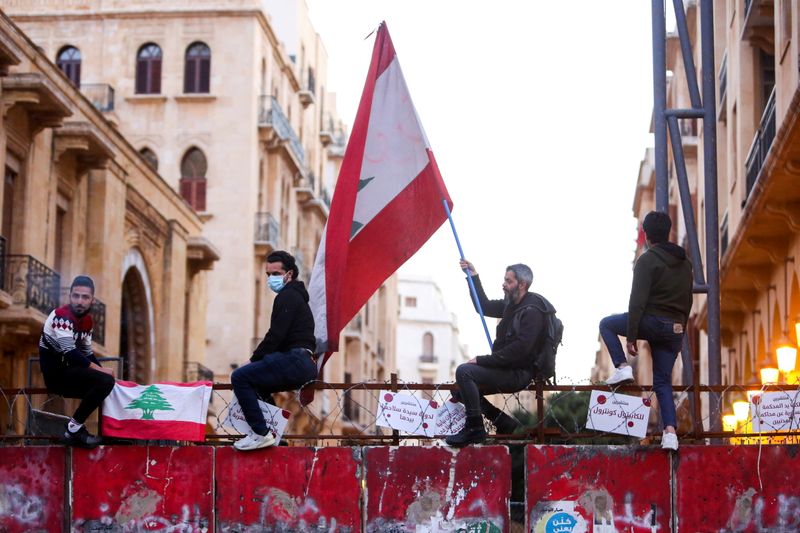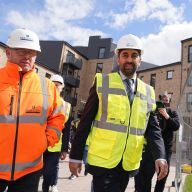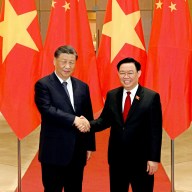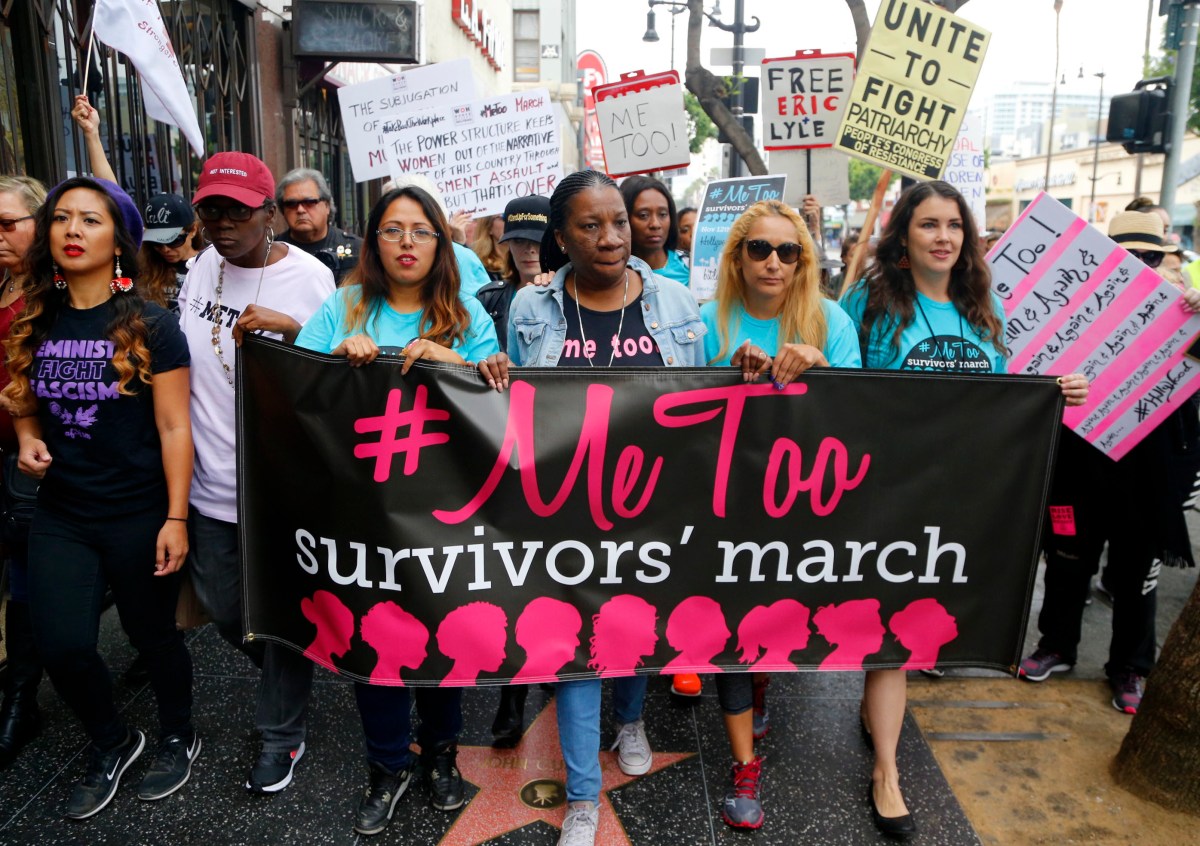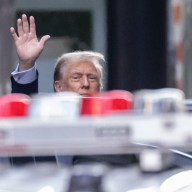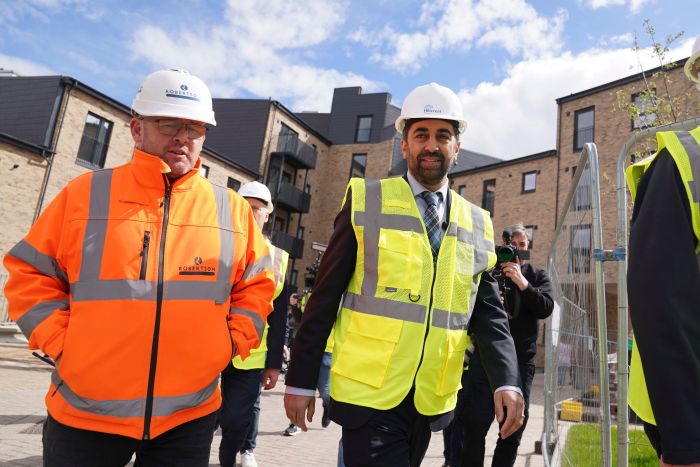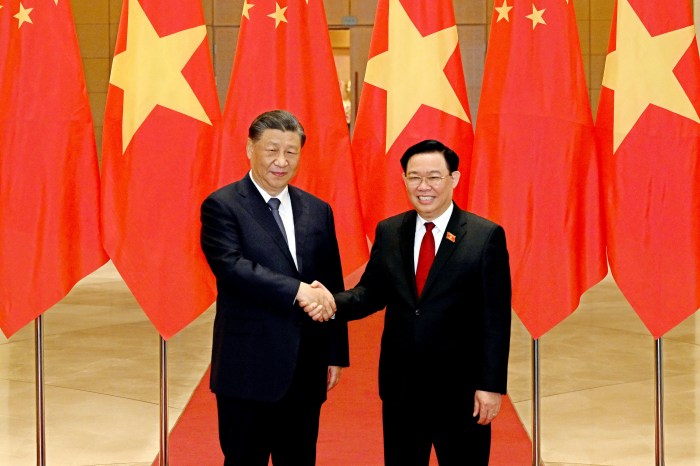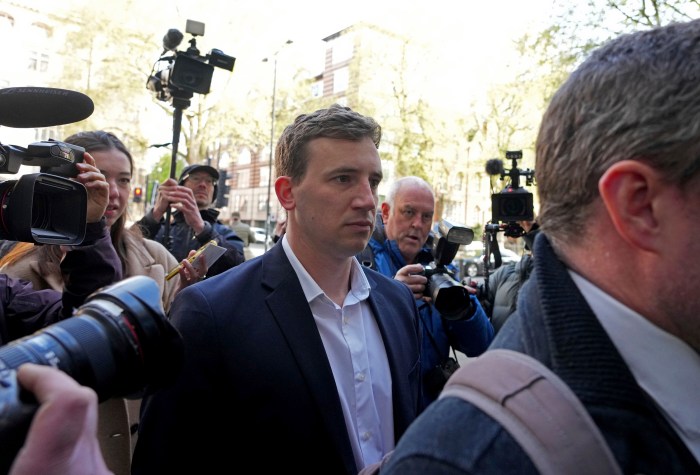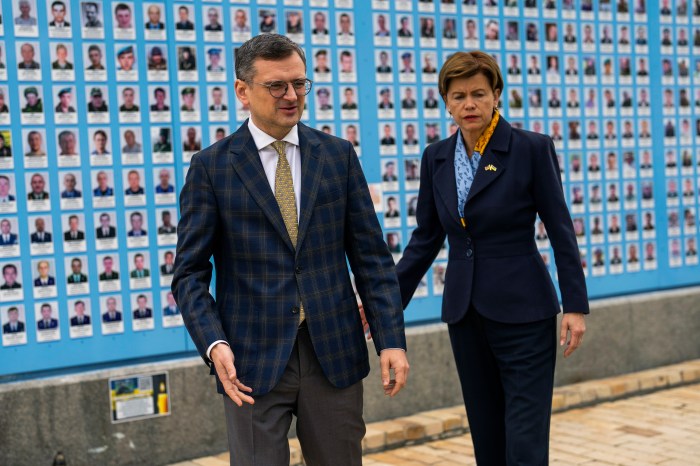BEIRUT (Reuters) – France urged Lebanon on Friday to designate a prime minister as soon as possible after Saad al-Hariri abandoned efforts to form a government, but prospects for a new cabinet being agreed soon looked bleak after months of political conflict.
Lebanon looks set to fall ever deeper into economic collapse with many of its sectarian politicians switching their focus to elections next year rather than a new government or financial rescue plan, seemingly unfazed by threats of Western sanctions.
The collapsing Lebanese currency has hit new lows in the wake of Hariri’s decision. Dollars changed hands at a rate of more than 22,500 pounds on Friday, erasing more than 90% of the pound’s value in less than two years.
The financial meltdown, considered by the World Bank to be one of the deepest depressions of modern history, has propelled more than half of the population into poverty and resulted in worsening shortages of basic goods such as fuel and medicine.
France, which has led international efforts to deal with the crisis, said the gridlock was “deliberately imposed” and announced a new international conference on Aug. 4 – the first anniversary of a devastating Beirut port explosion – to address the needs of the Lebanese population.
Announcing his decision to step down on Thursday, Hariri said it was clear he and President Michel Aoun could not agree.
He did not speak of a falling-out over strategies to save the economy, but said the argument came down to Aoun’s insistence on maintaining a blocking minority in cabinet.
Their struggle is tinged with sectarianism, pitting Hariri, Lebanon’s leading Sunni Muslim politician, against the Maronite Christian head of state who is backed by the Iran-backed Lebanese Shi’ite Muslim group Hezbollah.
Hariri said on Thursday Hezbollah had not done enough to get Aoun to compromise. In a message to his followers, he said, “we will respond through the ballot box”.
Aoun said on Thursday he would call binding consultations with MPs to name a new prime minister as soon as possible. The post must be filled by a Sunni under Lebanon’s sectarian system.
But Hariri has said he will not name anyone, and political sources and analysts say it would be very difficult to find a Sunni politician willing to accept the job without his blessing.
“Now we face a new challenge that is not going to be easy because there is no plan B agreed yet,” a source close to the presidency said.
‘A SLOW DEATH’
Prime Minister Hassan Diab, whose cabinet quit after the Beirut port blast which wrecked swathes of the capital city, is staying on in a caretaker capacity.
A parliamentary election is due to be held next spring. Hezbollah and its political allies won a majority last time.
“Waiting another eight months for parliamentary elections is waiting for a slow death, and there are no guarantees that in eight months this election will be made possible,” said Ghasan Hasbani, a former deputy prime minister who belongs to the Lebanese Forces party, a Christian group that opposes Aoun and Hezbollah and which wants early elections.
“Whatever we are seeing now is just going to be multiplied at an exponential rate,” he said, referring to the collapsing currency and health services, power cuts and shortages.
Lebanon’s central bank has been running down its foreign reserves to fund a subsidy programme to import basics such as food, fuel and medicine at the cost of around $6 billion a year.
Lebanon could access as much as $900 million by August should the International Monetary Fund’s proposed $650 billion expansion of its emergency reserves, or Special Drawing Rights, go through.
Politicians believe these funds will provide some breathing space ahead of the elections, political sources say.
Mike Azar, a Beirut-based financial adviser, said even if a government were formed, it must be capable of carrying out meaningful reforms or else the paralysis would continue.
“The pound will continue to devalue and it will happen at an accelerated pace, there will be more product shortages as you run out of dollars to import goods and what products are here will be unaffordable for most people,” Azar said.
“We are in a very tenuous time.”
(Reporting by Maha El Dahan and Tom Perry in Beirut and Benoit Van Overstraeten in Paris; Editing by Mark Heinrich)

